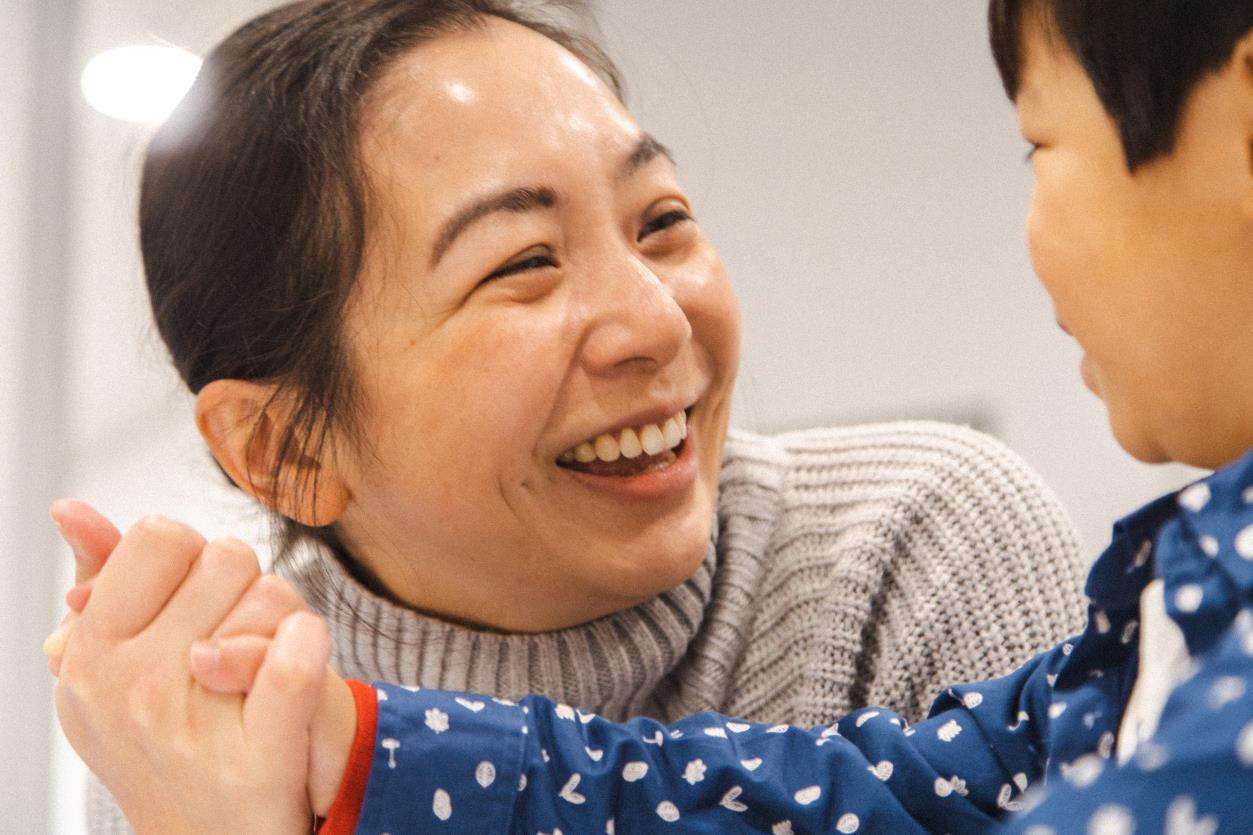
5 Common Parenting Mistakes
We all want the best for our children. We strive to provide them with the love, support, and opportunities they need to thrive. However, despite our best intentions, it’s easy to fall into certain traps and misconceptions when it comes to viewing our children’s development. In this blog post, we will explore five common parenting mistakes often made and offer insights on how to avoid them. By understanding these pitfalls, you can promote a more supportive and nurturing environment for your child’s growth.
1. Comparing Your Child to Others
One of the most common parenting mistakes is comparing their child to others. Whether it’s their peers, siblings, or even children seen on social media, comparison can be detrimental to a child’s self-esteem and confidence. Every child is unique, with their own pace of development and set of strengths and weaknesses.
When parents compare their children to others, it can create unnecessary pressure and unrealistic expectations. This can lead to feelings of inadequacy and frustration in the child,
which can hinder their natural growth and development. Instead of comparing, focus on celebrating your child’s individual achievements and progress. Recognise their unique abilities and encourage them to pursue their interests and passions.
How to Avoid This Mistake:
- Emphasise effort and personal progress over comparison and results.
- Celebrate your child’s achievements, no matter how small.
- Encourage your child to set personal goals and work towards them.
- Practice gratitude for your child’s unique qualities and strengths.
2. Focusing Solely on Academic Success
While academic success is important, it is not the only measure of a child’s potential and worth. Many parents fall into the common parenting mistake of equating high grades and test scores with future success and happiness. However, this narrow focus can overlook the importance of other aspects of development, such as social skills, emotional intelligence, creativity, and physical health.
A child who excels academically but struggles with social interactions or emotional regulation may face challenges later in life. It’s essential to nurture a well-rounded development that includes not just intellectual growth, but also emotional, social, and physical development.
How to Avoid This Mistake:
- Balance is key. Encourage participation in activities that promote creativity and mindfulness alongside essential academic development skills.
- Support your child’s social development by arranging playdates and encouraging group activities.
- Teach emotional intelligence by helping your child recognise and manage their emotions.
- Celebrate achievements in all areas of development, not just academics.
3. Over-Scheduling and Under-Relaxing
In today’s fast-paced world, many parents feel the need to fill their children’s schedules with a myriad of activities, from dancing and sports to music lessons and more. While enrichment activities can be beneficial, over-scheduling can lead to burnout, stress, and a lack of downtime for children to simply be kids.
Children need time to play, explore, and use their imaginations. Play is crucial for developing creativity, problem-solving skills, and emotional resilience. When a child’s schedule is packed with structured activities that do not focus on play, they miss out on the benefits of spontaneous, self-directed play.
How to Avoid This Mistake:
- Incorporate fun and educational combo games and activities that encourage learning through play. Include downtime and free play into your child’s daily routine.
- Monitor your child’s stress levels and adjust their schedule as needed.
- Encourage activities that your child truly enjoys.
- Recognise the value of boredom as a catalyst for creativity and self-discovery.
- Choose fewer activities that offer more benefits. (Quality over quantity.)

Focusing solely on academic achievements will result in neglecting creative and emotional development.
4. Misinterpreting Behavioural Signals
Children often communicate their needs and emotions through their behaviour. However, it’s easy for parents to misinterpret these signals, viewing them as problematic behaviour rather than expressions of unmet needs or emotions. For example, a child who acts out might be seeking attention, feeling overwhelmed, or struggling with a difficult emotion.
Understanding the underlying reasons for your child’s behaviour can help you respond more effectively and empathetically. Instead of punishing or reprimanding, try to uncover the root cause of the behaviour and address it appropriately.
How to Avoid This Mistake:
- Observe patterns in your child’s behaviour to identify triggers and underlying needs.
- Communicate openly with your child about their feelings and experiences.
- Practice active listening and validate your child’s emotions.
- Use positive discipline techniques that focus on teaching and guiding rather than punishing.
5. Underestimating Parental Self-Care
Parenting is demanding, and it’s easy to become so focused on your child’s needs that you neglect your own. However, parental well-being is crucial for a healthy family dynamic. When parents are stressed, exhausted, or emotionally drained, it can negatively impact their ability to care for and connect with their children.
Taking care of yourself is not selfish; it’s essential for being the best parent you can be. Prioritising your own physical, emotional, and mental health allows you to be more present, patient, and supportive of your child.
How to Avoid This Mistake:
- Make time for self-care activities that rejuvenate and energise you.
- Seek support from friends, family, or parenting groups.
- Set boundaries to ensure you have personal time and space.
- Practice stress-management techniques such as mindfulness, exercise, or hobbies you enjoy.
Parenting is a journey
Parenting is a journey filled with learning experiences and growth opportunities. By recognising and avoiding these common parenting mistakes, you can create a more supportive and nurturing environment for your child’s development. Remember that every child is unique, and their growth is a personal journey. Celebrate their progress, nurture their emotional and social well-being, and ensure that both you and your child have the time and space to thrive.

A parent and child enjoying a Shichida class, engaging in a learn-through-play activity. Quality time together strengthens the parent-child bond.
Learn more
By staying informed and mindful, you can promote a positive and enriching upbringing for your child, helping them reach their fullest potential in all areas of life.
Shichida Australia Podcast
Tune into our Shichida Australia Podcast episode about child development, titled: ‘Healthy Ways to View Your Child’. Join us as we chat about how to view your children in a healthy and constructive manner, so that they can grow up with confidence, leaving those common parenting mistakes behind!
Experience a Shichida Class
Are you ready to see the Shichida Method in action? Book a trial class and discover why our classes are so engaging and fun. Designed for both parents and children, a Shichida class offers a unique opportunity to experience our unique educational approach together.


